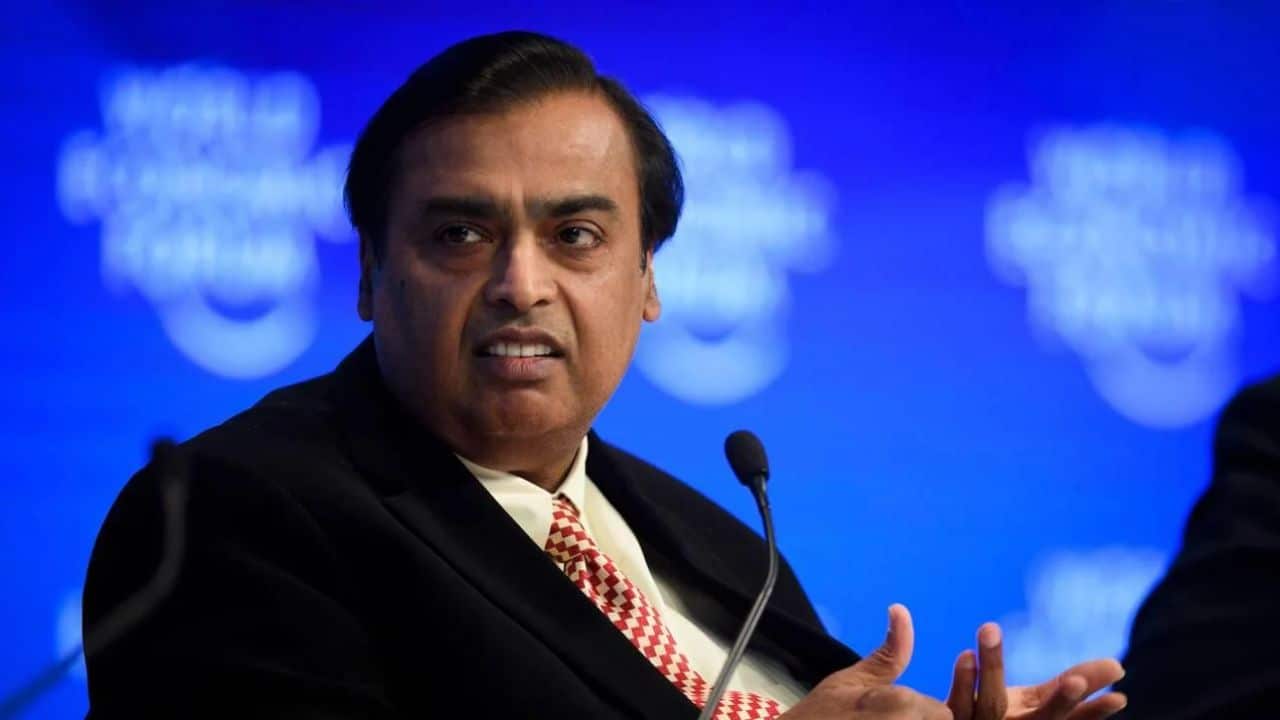Although the symptoms of a second infection are mild, they represent a public health problem, since the danger of infecting others is always latent.
Evidence is mounting that the fact that a person has been infected with COVID-19 is not a guarantee that they will not contract any of the variants of the disease again.
One of the big questions of the pandemic is how long immunity lasts after a contagion. Experts continue to think that it is quite unlikely to become infected again and, in any case, that a second infection is not as serious as the first. But there is new data that raises concern.
In South Africa, a study detected a variant of the virus in 2% of people who had already been infected with a previous version.
In Brazil, new infections with a new variant were also documented. Researchers are trying to determine whether a second infection helps explain a large outbreak in Manaus, where three-quarters of residents are believed to have been infected previously.
In the United States, a study revealed that 10% of marine infantry recruits had had a previous infection and repeatedly tested negative before starting basic training, and then were re-infected. This study was done before the variants began to spread, according to study leader Dr. Stuart Sealfon of the Icahn School of Medicine at Mount Sinai, New York.
“The fact that you have been infected once does not give you guarantees of anything,” he declared. “There is still a significant risk of contagion.”
READ MORE: Does Wearing Two Masks Protect More against COVID-19?
Although the symptoms of a second infection are mild, they represent a public health problem, since the danger of infecting others is always latent. That’s why experts promote vaccines as a long-term solution and encourage people to wear masks, keep their distance, and wash their hands frequently.
“It’s an incentive to do what we’ve been preaching: vaccinate as many people as possible, as fast as possible,” said Dr. Anthony Fauci, the U.S. government’s leading infectious disease expert.
“The available data suggests that the protection of a vaccine may be better” than a natural infection, Fauci said.
South African doctors became concerned when they saw outbreaks late last year in areas where blood tests suggested that people had already contracted the virus.
Until recently, everything suggested “that previous infections provided protection for at least nine months” and that a second infection would be “relatively mild,” said Dr. Shabir Madhi of the University of the Witwatersrand in Johannesburg.
ALSO READ: What We Know About the New Variant of Coronavirus
Scientists discovered a new version of the virus that is more contagious and less susceptible to certain treatments. It now causes more than 90% of new infections in South Africa and has spread to 40 countries.
Madhi led a study of the Novavax vaccine that found it to be less effective against the new variant. The study also revealed that the new variant equally affected those who had previously contracted the virus and those who had not.
“What this tells us, unfortunately, is that infections with previous variants of the virus do not protect against newer variants,” he said.
In Brazil, an increase in hospitalizations in Manaus in January caused alarm and revealed the presence of a new variant that is more contagious and less vulnerable to certain treatments.
SEE ALSO: Coronavirus Made in Wuhan Lab: Chinese Virologist
“Reinfection may be one of the causes of these cases,” said Dr. Ester Sabino from the University of Sao Paulo. In an article published by the Lancet newspaper, he gave possible explanations. “We have not yet established how often this happens.”
Scientists in California are also investigating whether a recently identified variant may be responsible for the new infections or the increase in infections there.
“Natural infections can leave you with a certain level of immunity,” said immunologist E. John Wherry of the University of Pennsylvania. “I am optimistic that our vaccines offer a little more protection.”
READ ALSO: Coronavirus Pandemic could be over in under Two Years: WHO Chief




































